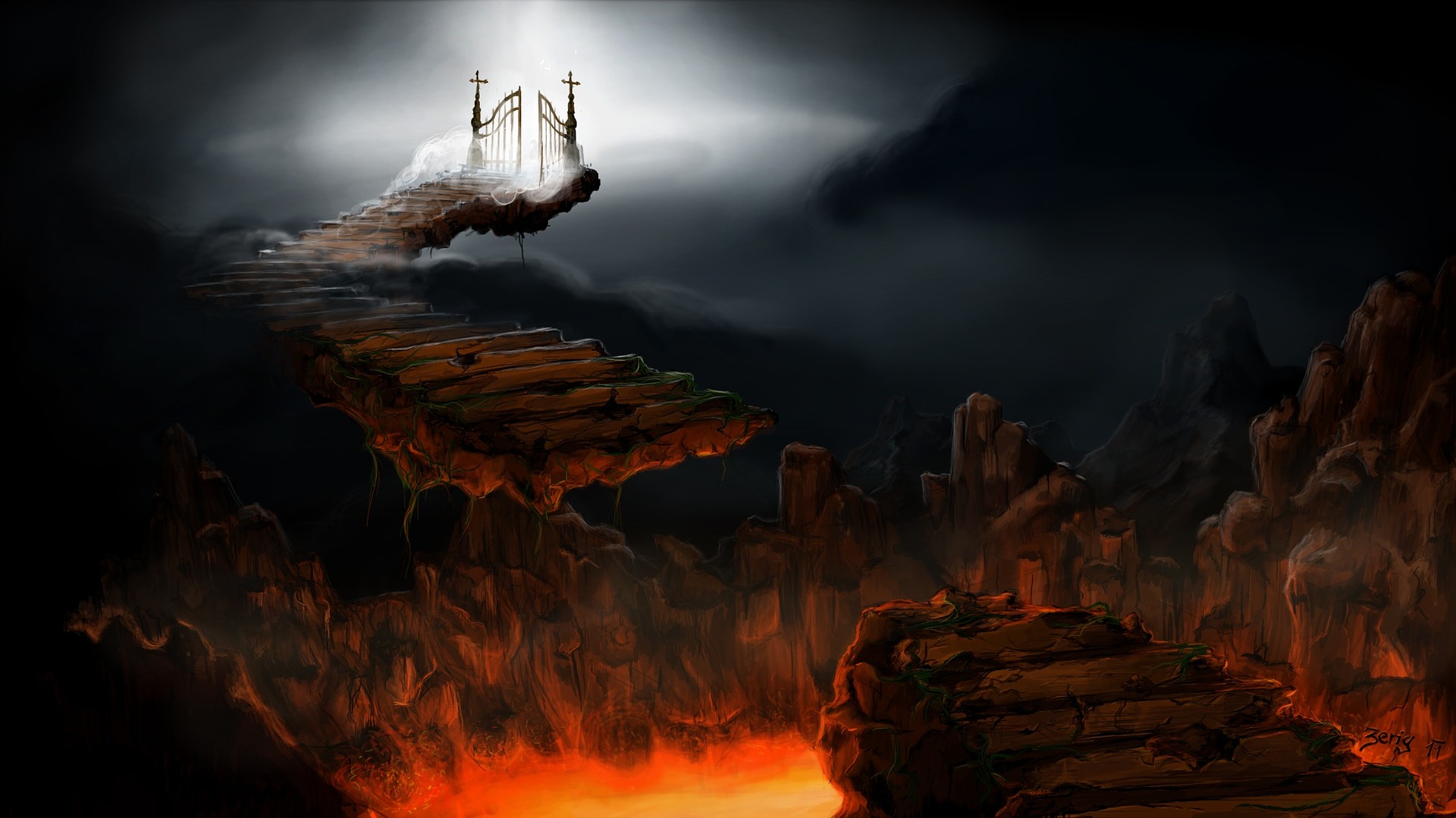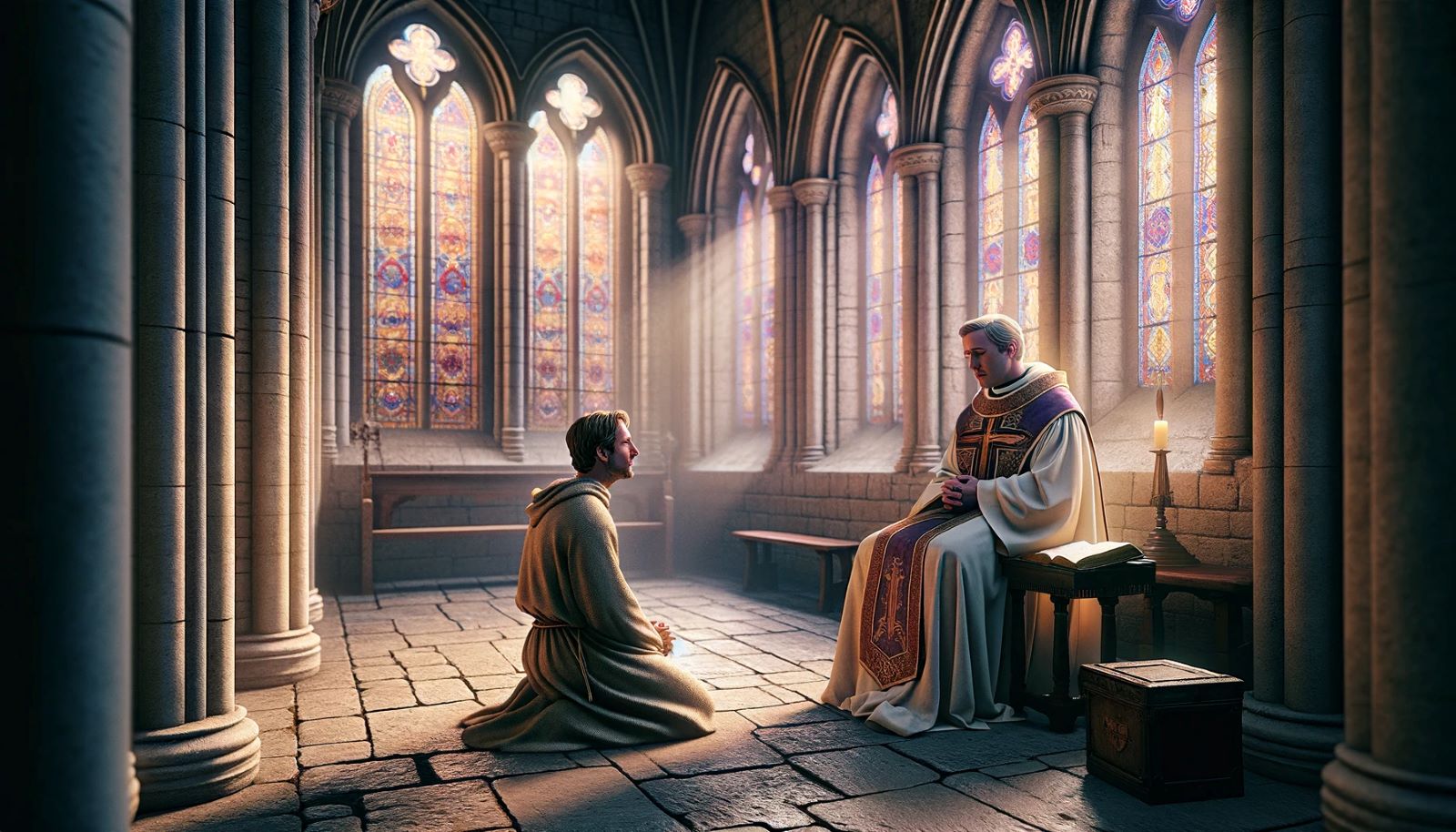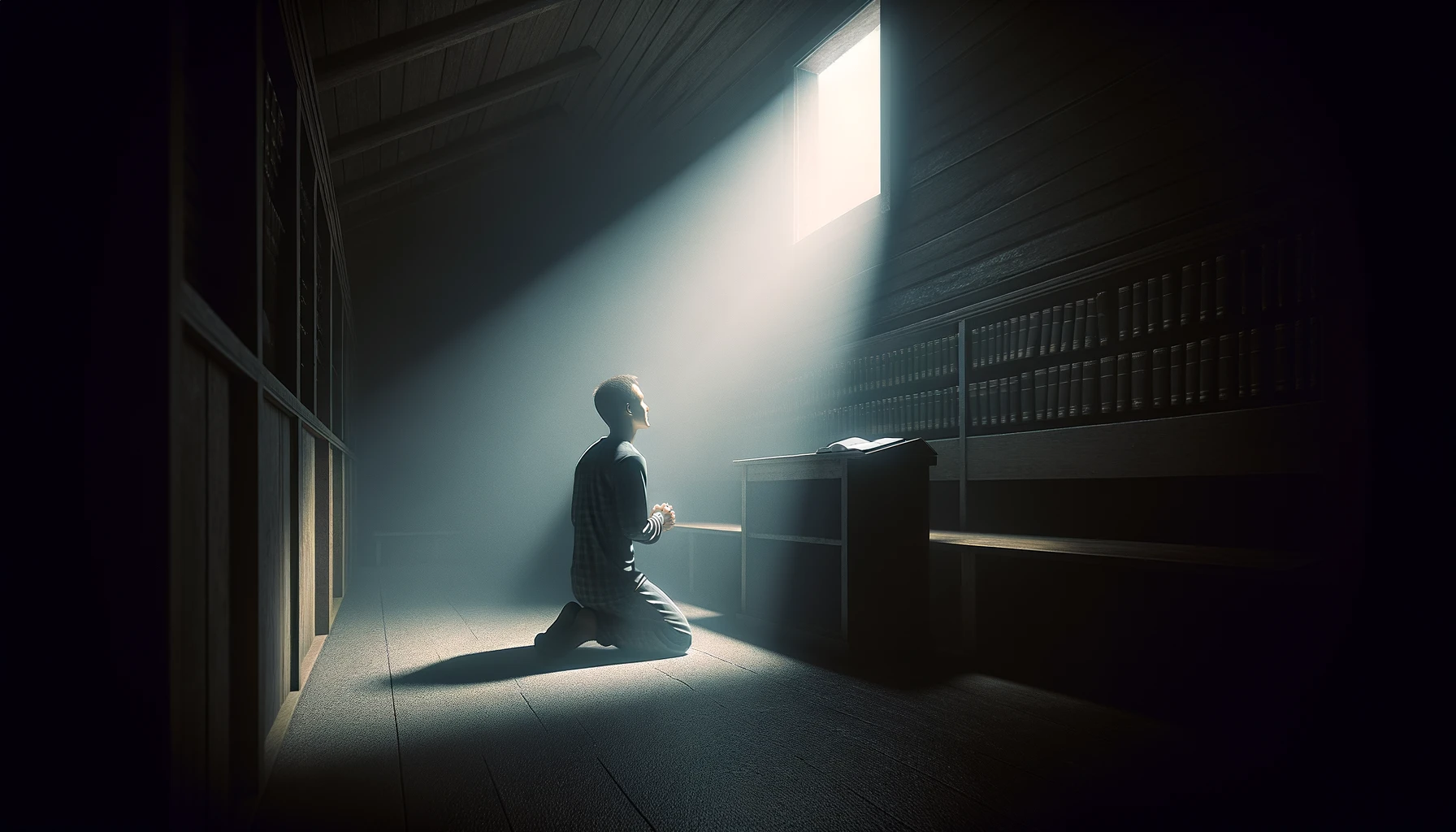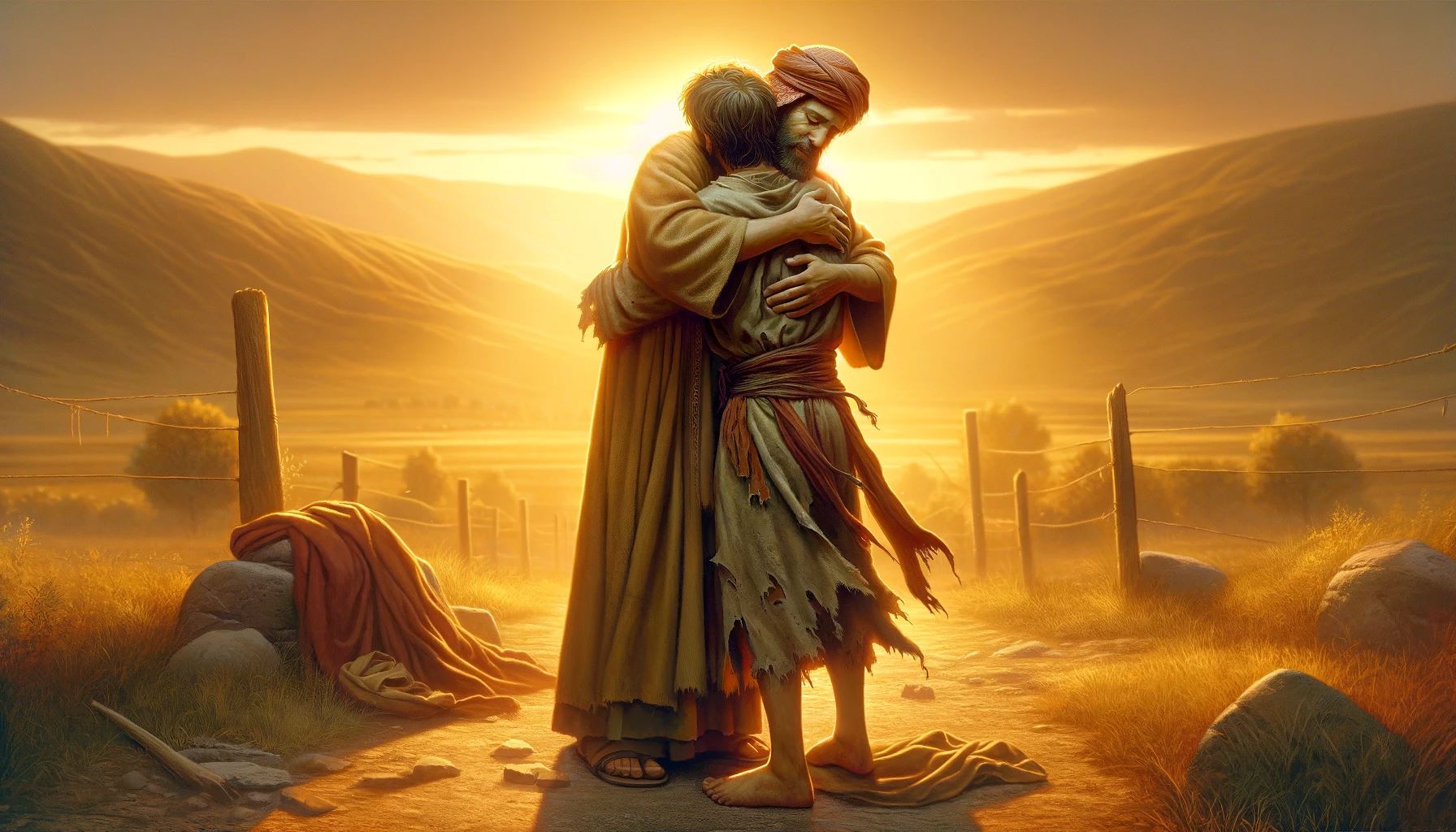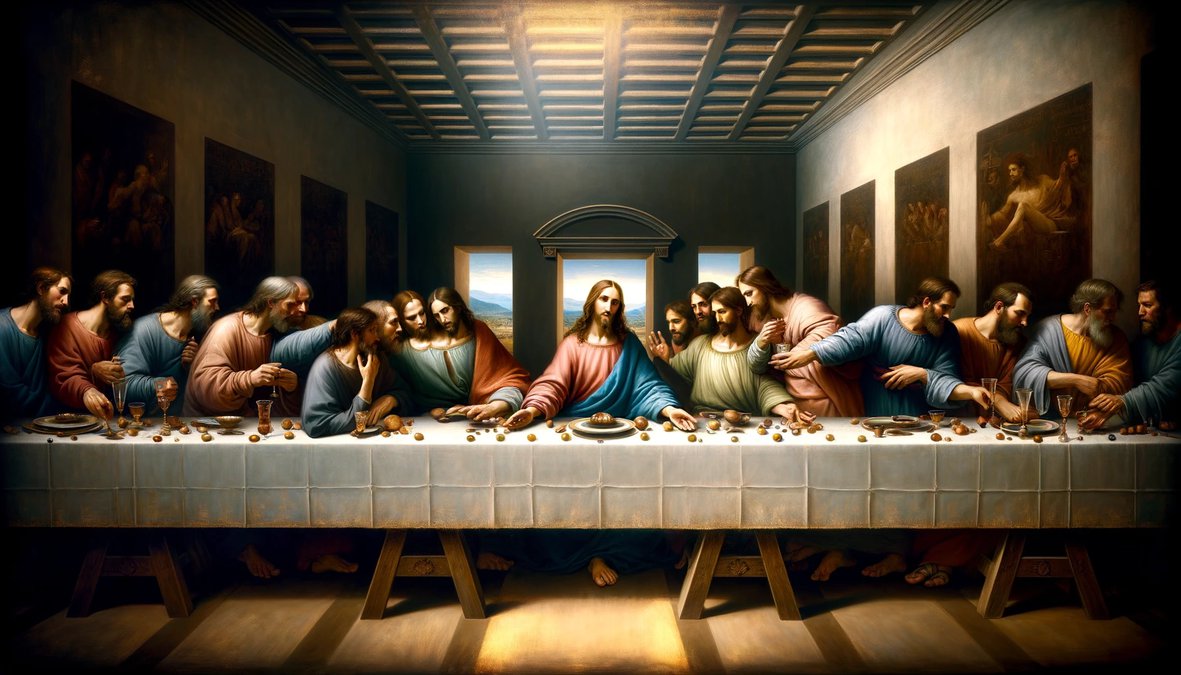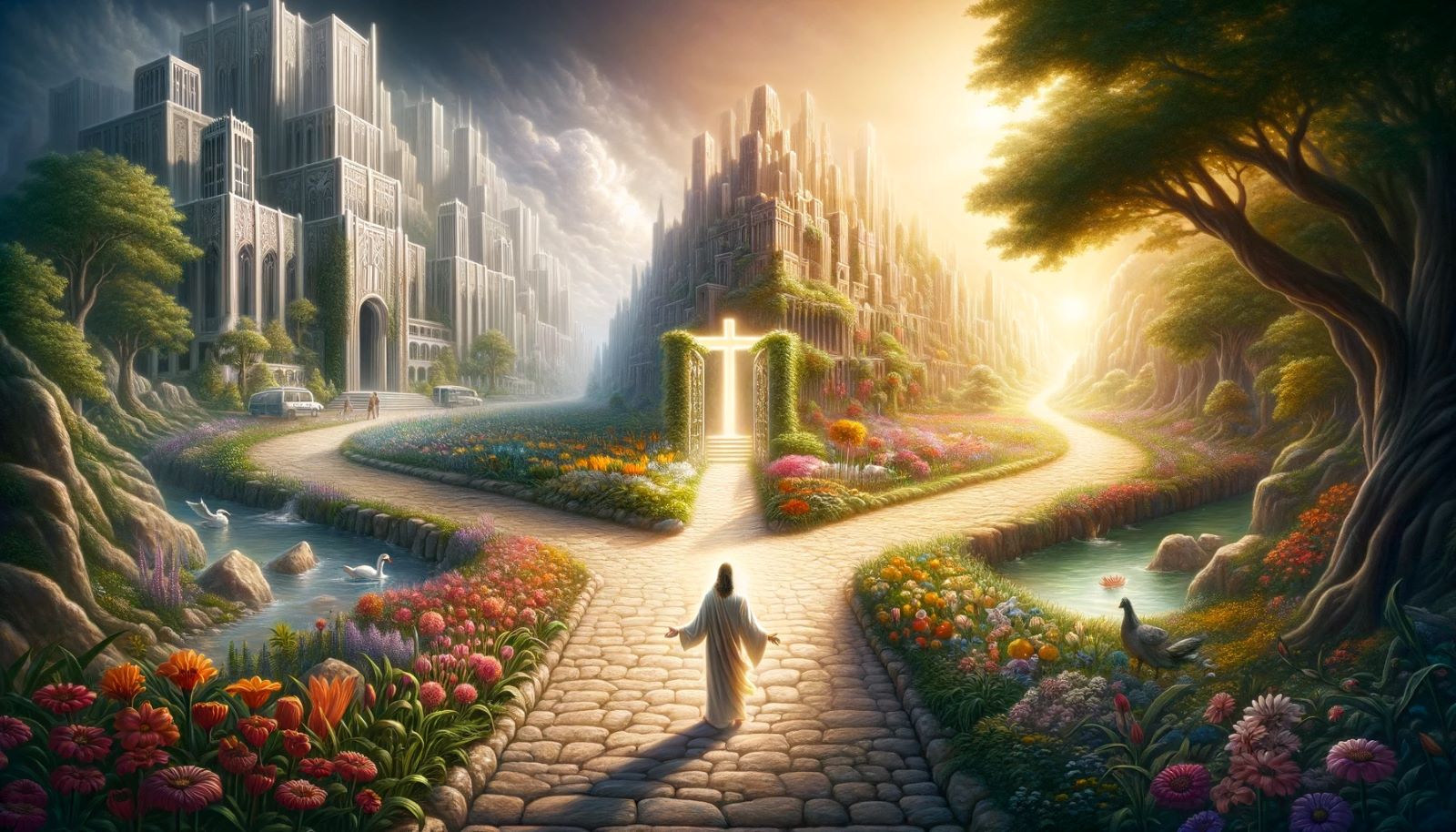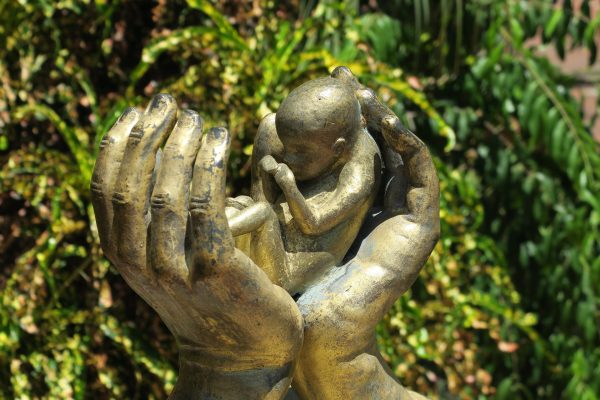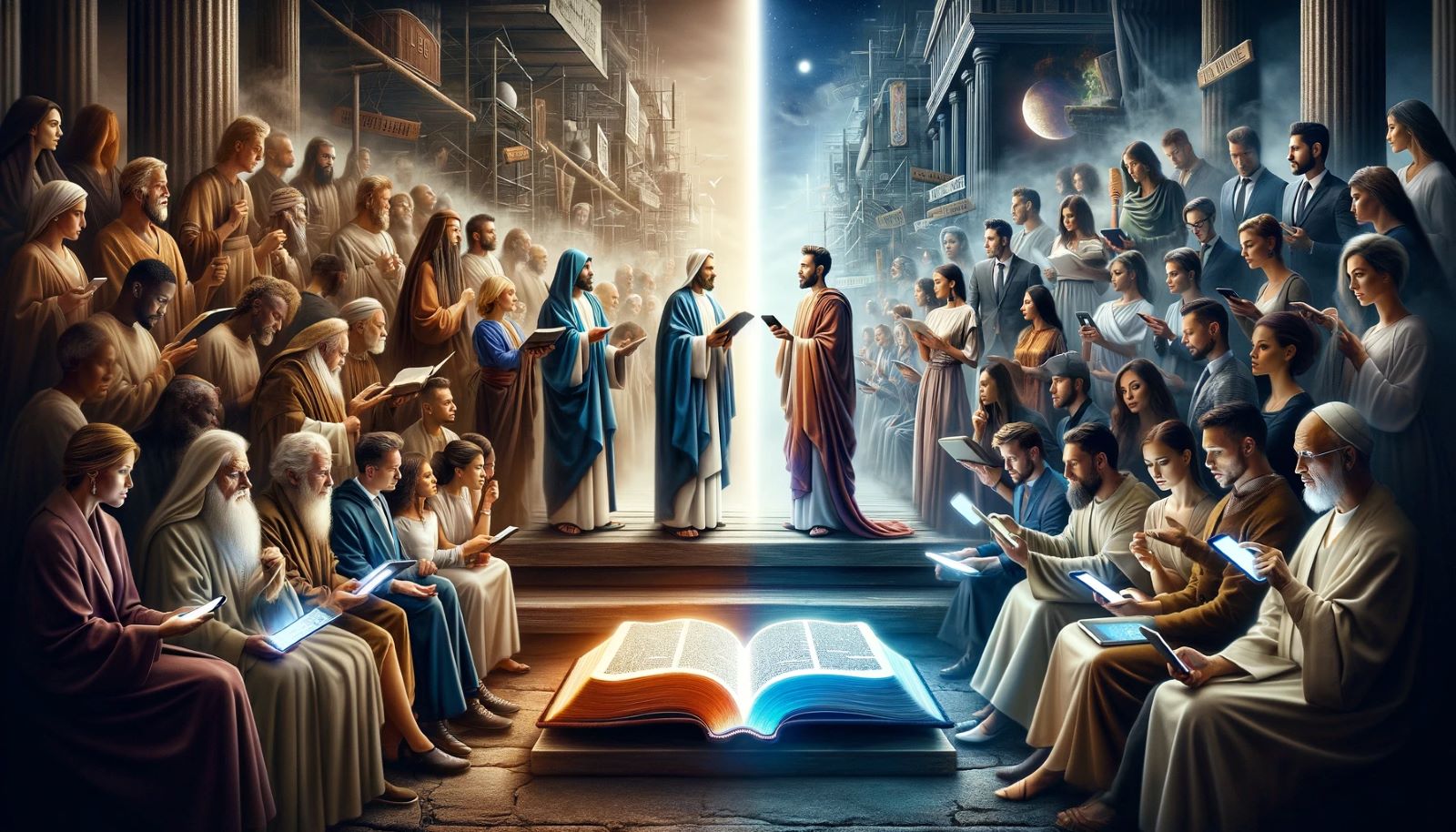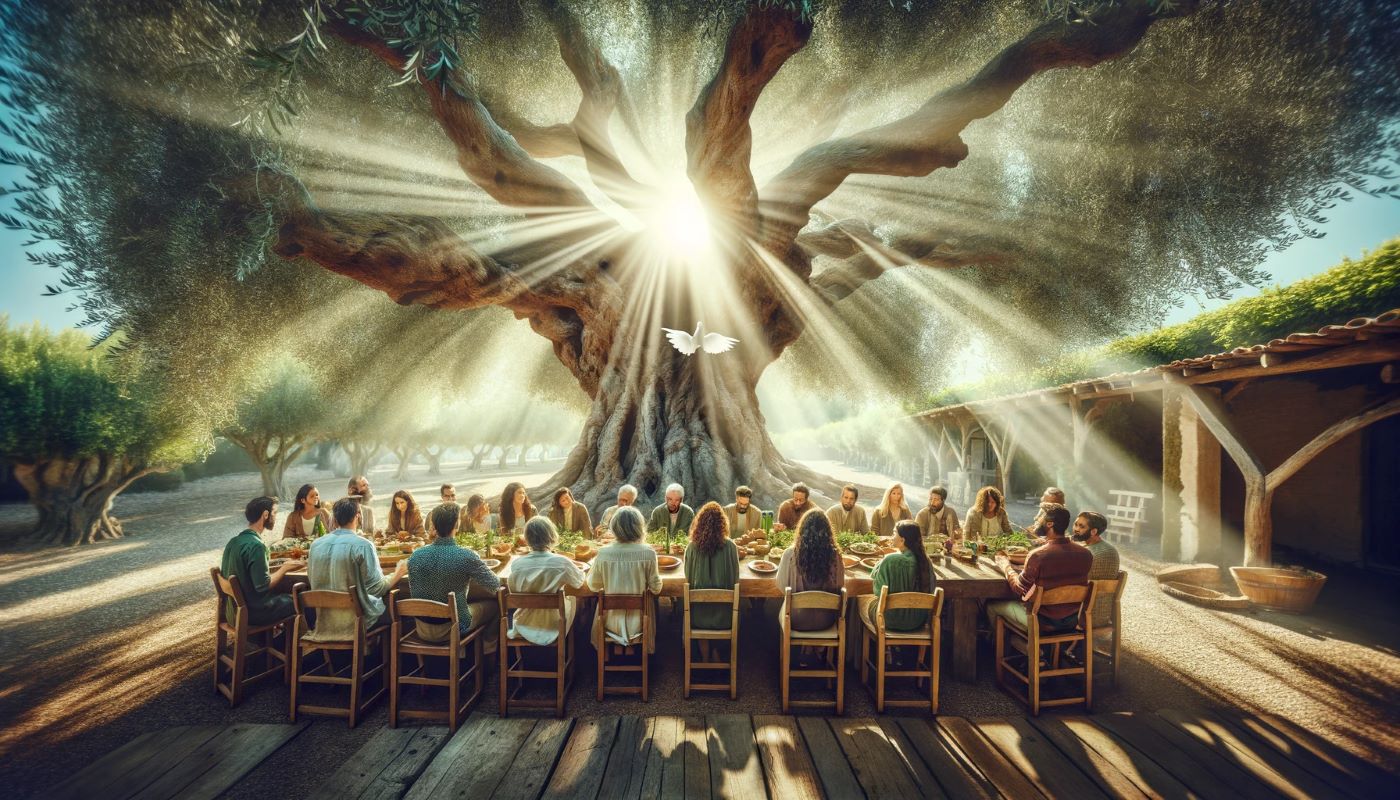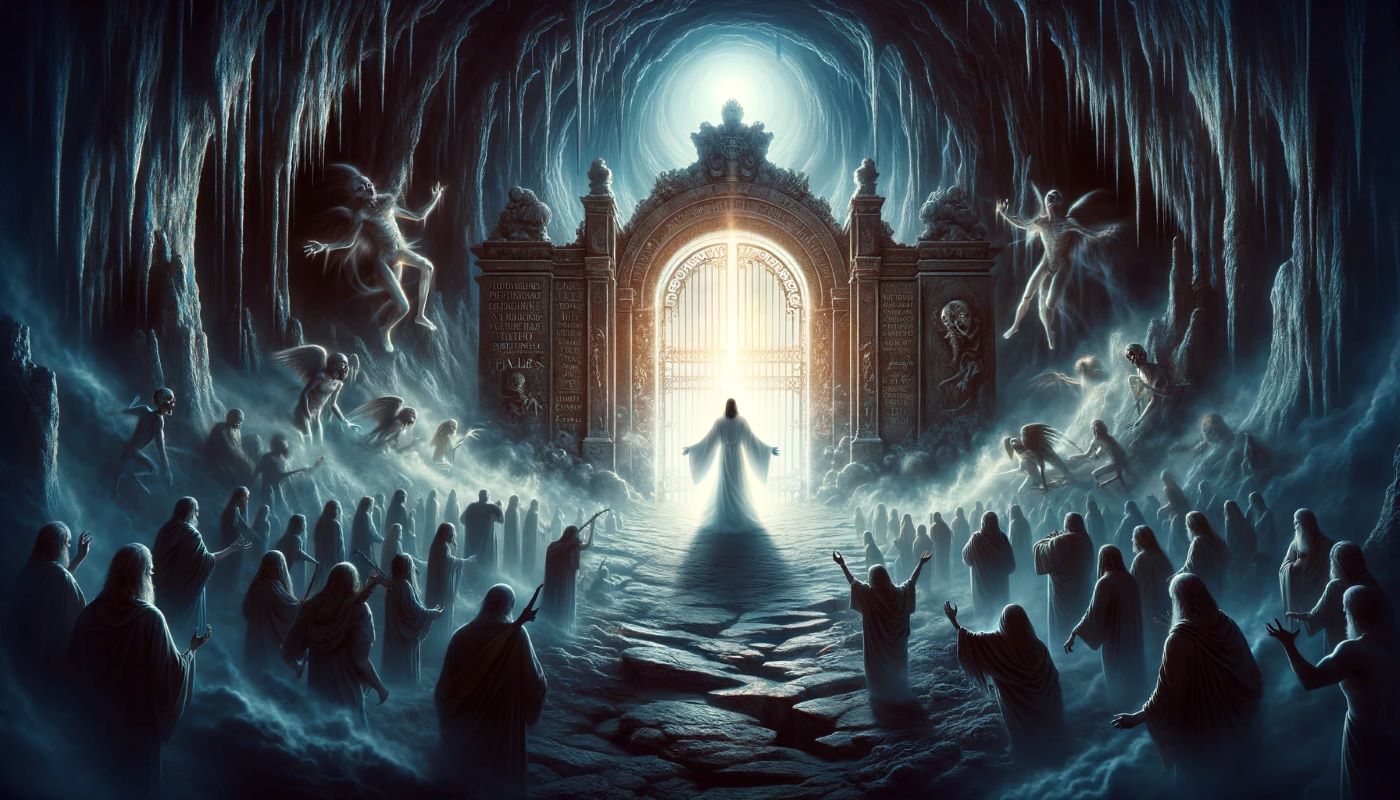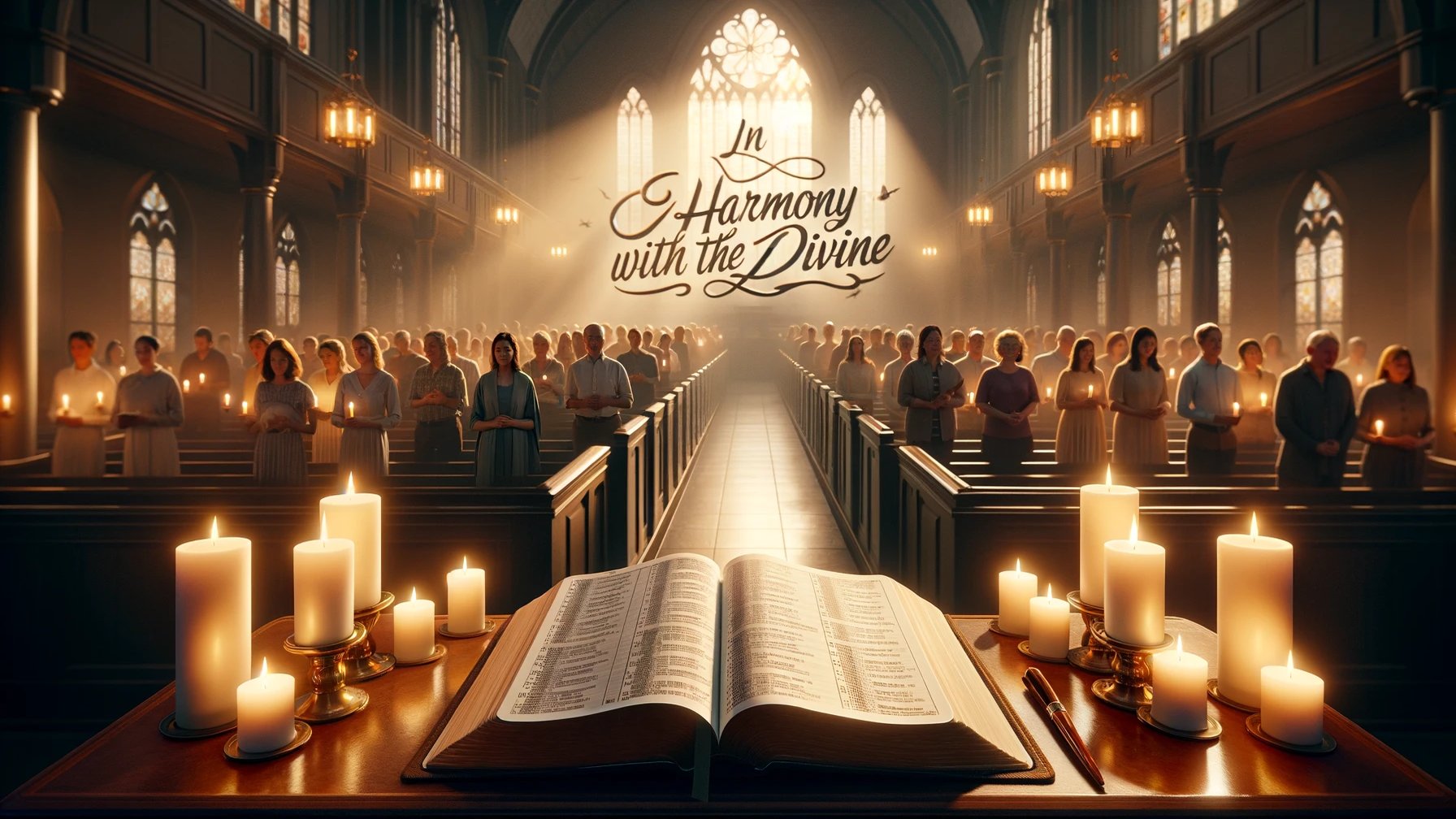Home>Christian Resources>What Does The Bible Say About Life In Hell
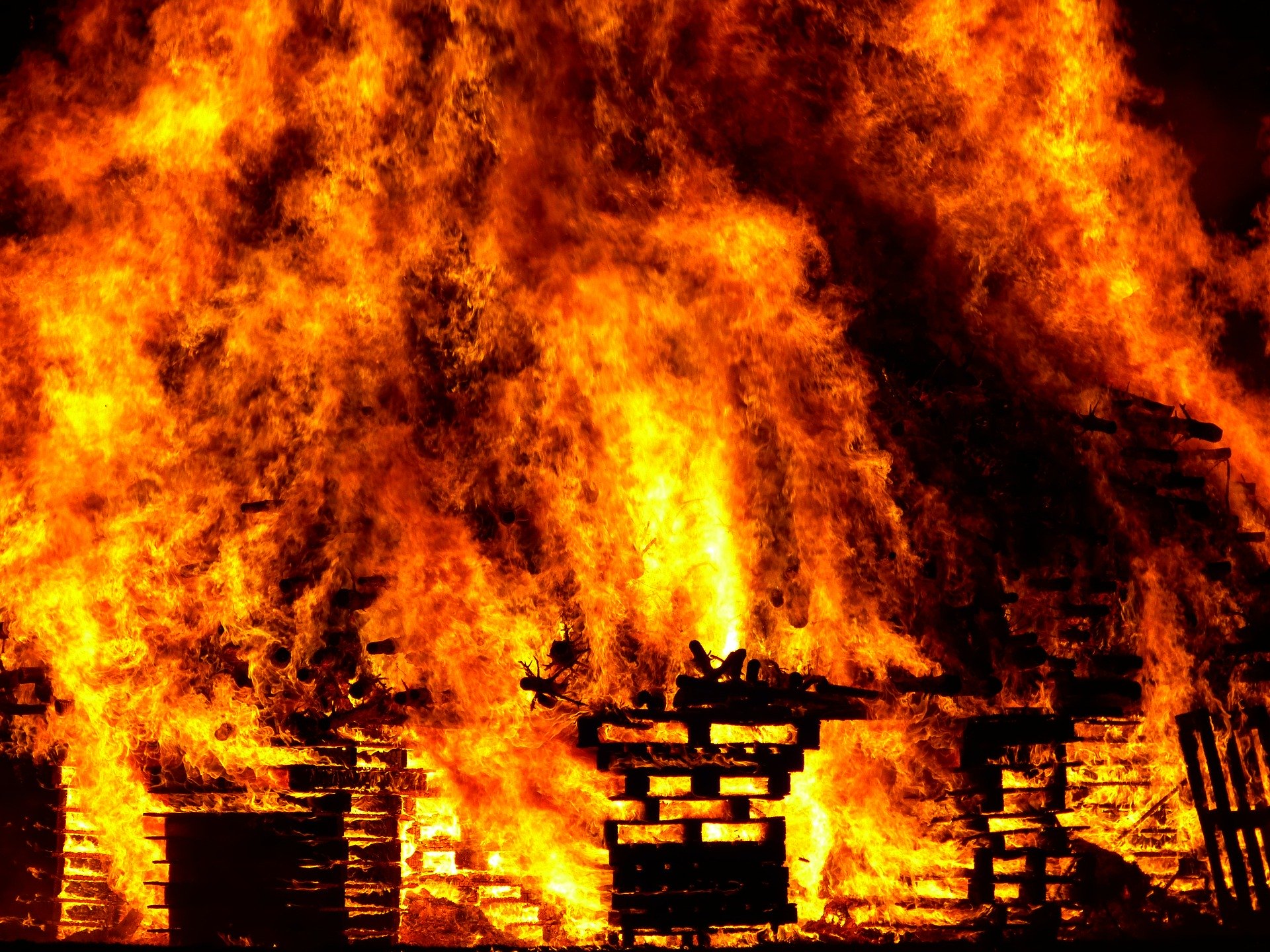
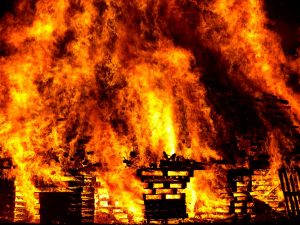
Christian Resources
What Does The Bible Say About Life In Hell
Modified: January 9, 2024
Jason DeRose, Managing Editor at Christian.net, uses his expertise in religion and journalism to deepen understanding of faith's societal impacts. His editorial leadership, coupled with a strong academic background, enriches the platform’s diverse content, earning him recognition in both journalism and religious circles.
Life in hell is extremely different from what the world portrays it to be. Know what the Bible says about this place and how can we be spared from it,
(Many of the links in this article redirect to a specific reviewed product. Your purchase of these products through affiliate links helps to generate commission for Christian.net, at no extra cost. Learn more)
Various expressions that refer to a bad day or a bad event often include the word “hell” to stress how bad something is. Sometimes people just blurt it out like a habit or a slip of tongue. Sometimes, we can also hear people make a joke about Hell just for the hell of it. However, because of these remarks about hell, people have now become quite desensitized about the topic. Regarding it as a common word or expression has, over time made people somewhat, particularly some Christians, forget what Hell is. For example, a person can easily yell “go to hell!” to someone who has angered him or her without even thinking about what it means and what life in hell will be like for the individual.
Telling someone to “go to hell” is basically cursing them. So how do people really “go to hell”? And what does hell look like? In this article, we will answer your questions about Hell and more through the knowledge and wisdom that can be found inside the Bible.
What Does Hell Look Like?
When we think about Hell, the image of a fiery pit with horned creatures walking around while carrying their pitchforks will immediately come to mind. And these images have made people shiver in fear throughout history. However, the impression of Hell has changed over the years. Today, it is common for people to make a joke about Hell, the Devil, and being cast into it. Authors, movie creators, and others have even created fictional stories of devils falling in love or acting funny. We can even hear people saying that they might “rule” alongside Satan as if Hell is just another city with another set of norms. We have disregarded what the Bible says of how horrible life in Hell can be.
Going back to our first question, what does hell look like? Is it the same as what we have been taught, or is it more horrifying than what the mainstream beliefs tell us?
We can confidently say that there are many versions of hell that exist due to different religions and cultures. And some of these beliefs have been adopted worldwide. For example, the Greeks believe in the place of the dead known as the underworld in which they call “Hades” named after its patron god. We can read in various stories that this God, Hades, dominates the realm of the underworld and brought a wife making people believe that hell might be somewhat liveable. Other religions such as Hinduism have their perception of hell similar to that of what Christians believe. Yet, they are still different in some aspects. Because of these different beliefs, it has become hard to discern myths and facts about hell.
Read more: What Does The Bible Say About Catholicism
Myths And Misconception About Hell
As Christians, we believe that the Bible is the basis of all facts about spiritual things. And to make our beliefs firm, we should know how the Bible describes hell rather than settling to popular beliefs. The way we perceive heaven and hell sets us apart from other religions as we base everything on the word of God. Very few have noticed how historic beliefs such as those of ancient Roman and Greek philosophy have influenced Christianity’s perception of hell. And it is not just a simple matter. For example, the Greek religion Hellenism is a pagan religion in which the Bible detests. Listed below are some common myths and misconceptions about hell.
Hell is Ruled By Satan and His Cronies
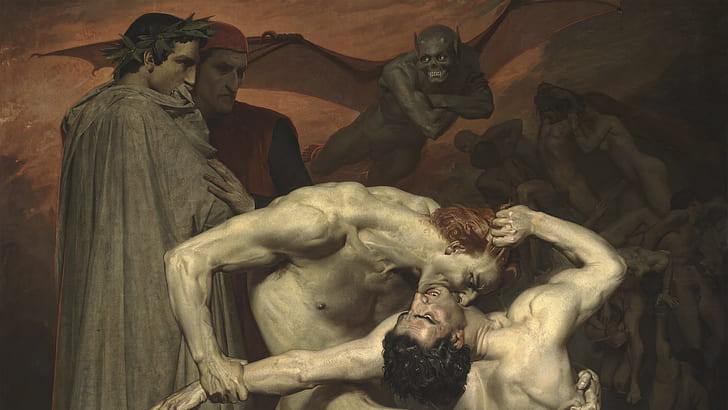
Regarding hell as the dwelling place of someone is far from the truth. And assuming that someone must lead hell like how cities and countries have leaders is like living in the fictional stories of Greek myths. Yet, it is not surprising that these types of beliefs have flourished. For example, movies and some famous cartoons show the devil running around chasing people’s souls, poking them with pitchforks, and entertaining themselves by tormenting poor souls. And because of these influences, children grow up having a wider imagination of what hell has and is instead of learning the truth stated in the bible.
The first book of the Bible, cast down from heaven (Matthew 25:41). To think that God will give Satan control over anything freely is simply a misconception and not found in the Bible.
Satan was not thrown away to rule on anything. He is destined to be punished when the time comes (Luke 10:18). Hence, hell is created for eternal punishment, not for Satan. It is made as a place of punishment for him, his angels, and the people who follow him. They will be tormented in hell, unable to live an eternal life of happiness with God. Hell will be their place of torment and second death where redemption is impossible.
Only the Evilest People Will Go to Hell
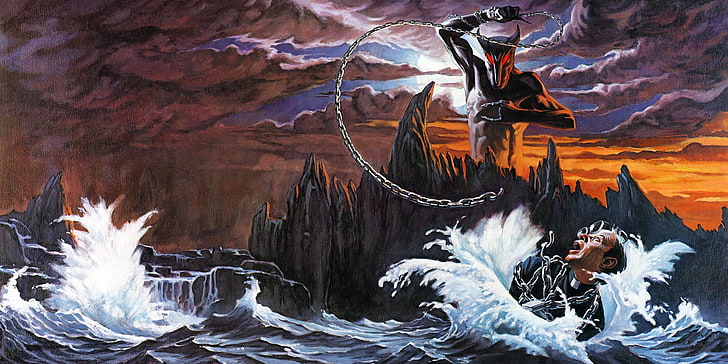
Hell may be filled with murderers, rapists, dictators, and other criminals that have committed crimes we consider to be heinous in this world. However, though it may be true, it is a misconception that “average” people will not be subjected to the punishments in hell. This kind of notion about the afterlife is very common. James 2:10-11 says that anyone who fails from keeping any of the law of God, he is therefore subject to punishment. So, will a person who steals a dollar be punished just the same as someone who murders a person? According to this verse, yes. Jesus said not to kill, and not to steal (Matthew 19:18). Going against any of God’s laws, no matter how small it is, will have consequences. Hence, hell is not just for “big” crimes.
But that does not mean that every sin we commit will land us in hell. Christ died for our sins and we can always ask for forgiveness for our sins. But, this also doesn’t mean we can continue to purposefully sin and just ask for forgiveness after the deed. God knows the intent of our hearts and His righteousness is bigger than the universe. Therefore, we should not think that the scale of the sin determines the probability of going to heaven or hell as it is more than that. God loves us so much that He continuously forgives us so that we can live in eternity with him and avoid a life in hell.
God Wants Non-Christians to Go to Hell
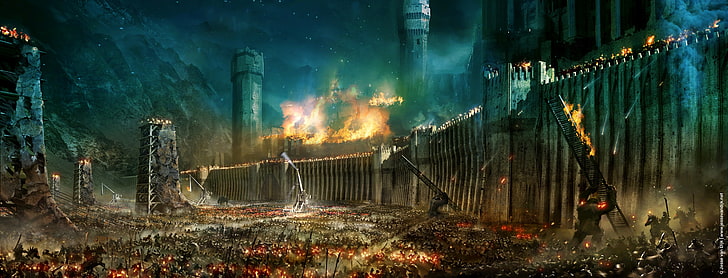
One of the most common misconceptions about hell and the nature of God is that He likes punishing people and throwing them in hell. But that is not God’s real character. In Psalm 30:5, we can read that God’s anger does not last, but His favor lasts a lifetime. He does not enjoy getting angry as if its a habit. Nor does He want any of us suffering in hell. God does not take any pleasure when someone dies wicked and without turning away from their evil ways (Ezekiel 18:23). We are His creations and though we are nothing compared to His holiness, God still wants us to call Him “Father”, for we are His children. No Father wants his children to be eternally doomed.
If God didn’t want us to be separated from him, why then did He create hell? The answer is, He gave us free will. God did not create us to respond mechanically like robots even though He is more than capable to do so. He gave us the gift to decide for ourselves. We can choose whether we want to obey Him or turn from Him.
Read more: What Does The Bible Say About Atonement
Comparing Anything Bad to Hell
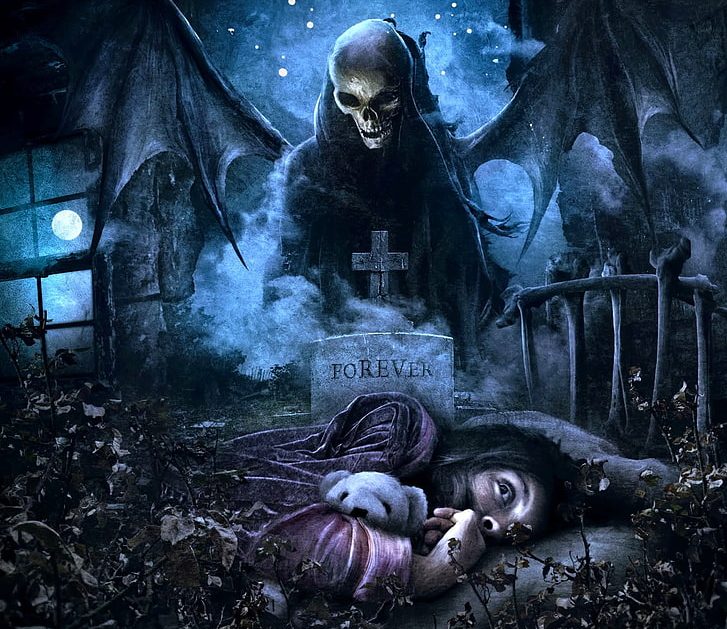
Statements like “what the hell is going with my life?” or “my life is like a living hell” illustrate our big misconception about Hell. This is simply because it is incomparable to any misfortune or bad thing that we have to go through. Your life may have been going downhill for a couple of years or maybe decades but it will end no matter what. But hell is the unbearable torture of being burned alive forever. It is a place of extreme pain that never ends until eternity no matter how much begging anyone does. The moment you are sentenced to hell, there is no hope for release nor a chance to turn things around.
We should not blurt out the word “hell” as if its something that can be regarded lightly or as a joke. Most importantly, we should remember that every day that we are alive is God’s gift. It is another chance to make our mistakes right. when we do wrong, we can still ask for forgiveness of our sins and choose to follow the correct path. Comparing this precious gift of life from God to something as gruesome as hell is not right, especially for Christians. Yet, we should always remember that time will not wait for us to set things straight. Death will come knocking even if it is unexpected. Hence, we should always do right and follow Jesus to avoid experiencing the words “living hell” that people unjustly use.
Hell Has Different Levels
Dante Alighieri wrote an epic poem in the 14th century, the Divine Comedy. In this poem, we can read about the 9 circles of hell. Although it is not what most people literally believe in, the concept of the different levels of hell is widespread. Some believe that your place in hell depends on how heavy your sins are. Meaning, the heavier your sins are, the hotter part of hell you will be dwelling in. This idea leads to other non-Biblical assumptions such as hope for those who stay at the less hot part of hell. But is there anything like that in the Bible?
The Bible doesn’t have anything to support the theory of the 9 circles of hell mentioned in Dante’s poem. Additionally, it doesn’t confirm any belief about levels of hell. All sins are treated equally (James 2:10 – 11).
People in Hell
There are testaments from people who claim to have been in hell. And some have claimed to have seen famous people there. The image of bad people already burning in hell is incorrect. In 1 Thessalonians 4:14, we can read that people are asleep and when the day of the Lord comes, John 6:40 says that they will all be risen to be with God. These verses are great for those who know they will be with Christ after they die. But what about non- Christians and those who don’t believe in Christ? The answer can be found in 2 Peter 2:9. It states that unrighteous people will be kept under judgment until the day of judgment. Therefore, both heaven and hell is the final place for souls which will be decided on judgment day.
We can read how people will be judged in Revelation 20:12-15. It is said that the dead will be judged according to their works and those who are not found in the book of life will be thrown in the lake of fire.
Hell in the Bible
It is noticeable that the Old Testament has fewer mentions of hell than the New Testament. The Hebrew Bible uses the word “Sheol” as the term for hell which means “the place for the dead”. When Jesus was ministering, he elaborated on what hell would be like, giving the Jews a clearer perception of it. Jesus used the term “Gehinnom” to depict hell. It was a valley designated for burning children as an offering to the god named Molech. With this, we can infer that Hell is a place that burns people, and is a terrifying place to live for eternity. Gehinnom may be a valley, but hell is described as a lake of fire, sulfur, and burning brimstone (Revelation 20:10).
Most of the books in the Bible do not elaborate on what hell is like. But, the Book of Revelation does mention various things about it.
In Matthew 13:50, it states that Hell is a place that will be full of weeping and gnashing of teeth. Notice that this verse uses the future tense even though it is in the New Testament. Why? We will discuss it later as we go through the biblical depiction of what life in Hell will be like.
Read more: What Does The Bible Say About Advent
Life in Hell
In the beginning, God forbade Adam and Eve to eat the fruit from the tree of knowledge, of good and evil. For if they were to do eat from the tree, God said they will surely die. Yet, they were deceived by the serpent and sinned against God. The wage of sin is death (Romans 6:23). So we can say that when Adam and Eve ate the fruit from the tree of knowledge, they then died spiritually. But it did not end with that. When they were cast out from the Garden of Eden, they also became destined to die physically. Here, the Bible did not say where they would go after death, but yet, we can observe that their sons developed the practice of giving burnt sacrifices to please God and ask for forgiveness for their sins.
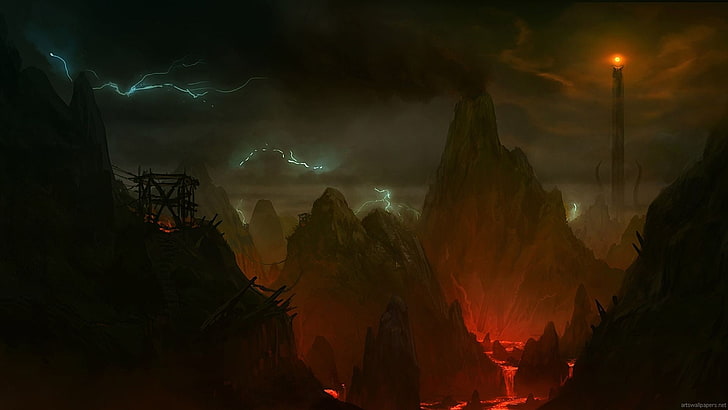
The practice of offering a burnt sacrifice carried for generations, allowing communications directly to God. But as years pass, people sinned more and turned away from God. Hence, the great flood. Interestingly, after the flood, God did not communicate directly to everyone but instead chose leaders like Noah and Moses to reveal His will for the people. Through them and the prophets, people learned and followed the commandments of God. However, the time came that the blood of sacrificial animals did not suffice and instead, God sent his one and only son to die on the cross for our sins, for the wages of sin is death.
What Is Life In Hell Like?
Hell’s gate is wide open. Whether we interpret it figuratively or literally, we can conclude that many people will end up in this place. Because people will always choose what is easy and comfortable to do, most choose to sin. Because obeying God requires us to sacrifice and to avoid worldly things, which the flesh wants, people continue to break the laws of God. And while they live merrily while sinning, the more that they are dragging themselves to an eternity of suffering. It is a given that it is extremely hard to avoid sin when our flesh says otherwise. This may be the reason why Matthew 7:21-23 says that if any of our body parts causes us to sin, then we should cut it off.
As said above, the intent of sin increases its severity. Most especially when we do it despite knowing it is wrong. We can read in Mark 9:43, that Hell is a place with unquenchable fire. It can not be put out nor weakened. It continuously torments the beings inside it. This place can not be escaped by anyone, not even by Satan and beings who possess supernatural powers. The Bible also says that it is as gruesome as it can be. Worms roam around hell and they do not burn (Mark 9:48). We do not know if that adds to the torment for those being punished, but it gives us the idea of how terrible the surroundings are.
There is No Middle Ground
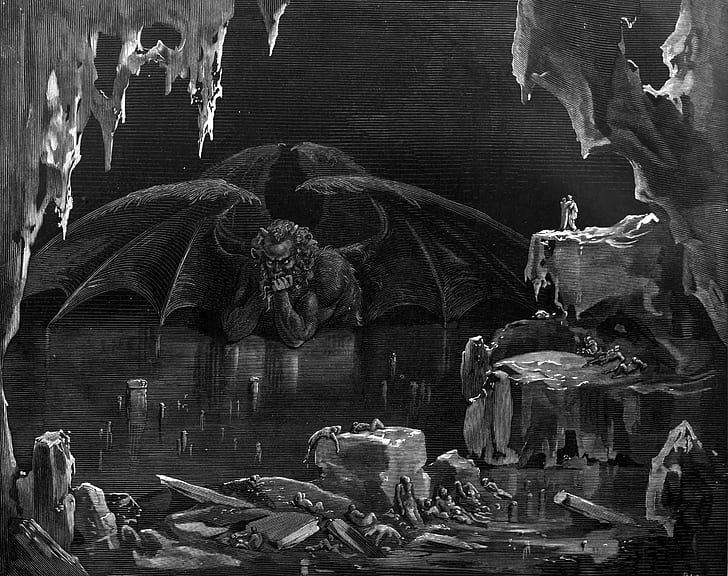
The belief that we are still given the chance to repent after death has been around for decades. The Medieval Catholic Church and some Christians today believe in Purgatory; a place in which one goes after death to be purified before going to live with God. This belief has led to prayers for the deceased’s soul to go up into heaven. And it is wrong. The Bible repeatedly emphasizes that the dead has already used up their chance (Hebrews 9:27). The moment that our life ends, we will face the realm of spirituality which God is in control of. Unlike our ability to choose where we will live or where we want to go while alive in the flesh, our spirits can’t. The fate of our spirit, the moment that we die, relies solely on God’s judgment.
Also, the Bible did not mention any middle ground for the dead to repent. There is no middle ground. It is either we go to heaven and spend eternity with God or we rot in hell. Hell is the place where we suffer for the consequences of our sins and to face God’s wrath. This place is without God. Hence, you can not find any good in it. Even the slightest hope will not be present. Believing purgatory and other non-Biblical principles is also a sin. It is this kind of belief that will lead us into thinking that we can do whatever we want and after all that fun, we can just repent after we die, which is wrong. Remember, we should use our time on earth wisely. Think about the destination we would want to spend eternity in.
Salvation From Life In Hell Through Burnt Offerings
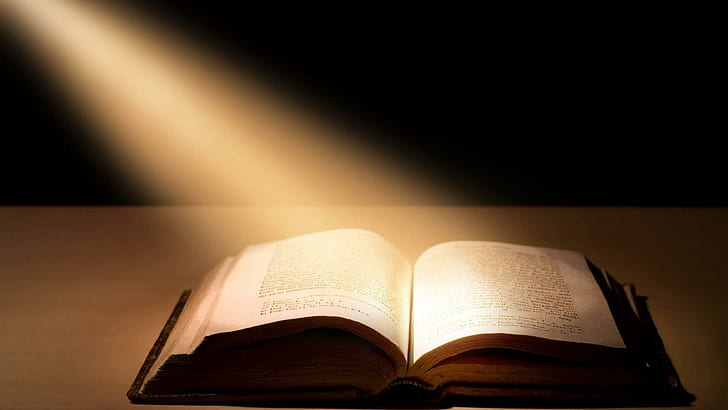
The Book of Genesis tells the story of what happened the last time people committed too much sin. God permitted them to all be drowned in a great flood. After the flood, God promised humanity that He will never again destroy the earth with water. But what will God to the people who continuously sin? Would He just let them be? Of course not. Our God is the God of perfect justice. Being a race of sinners, nothing can redeem us from the fiery pits of hell. Yet, as what is written in John 3:16, God loves us that He gave us His Son to redeem us.
As the Book of Revelation unveils, described in its fifth chapter about a slain lamb that will open the scroll. And we all know that it symbolizes Jesus. As we know, sheep were precious property for the people. That is why it was worthy for people to sacrifice it for their sins to be forgiven. When Jesus made His sacrifice for us, He became the sacrificial lamb for the sin of all the generations of humanity. His blood was enough to pay for our sins. It made salvation available for anyone who seeks it, sparing us from paying for our sins and eternal life in hell. Making Jesus the biggest burnt offering.
